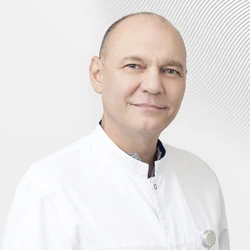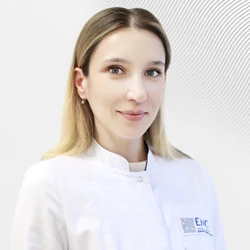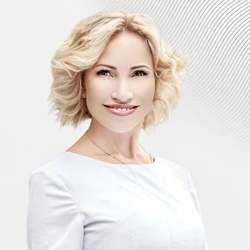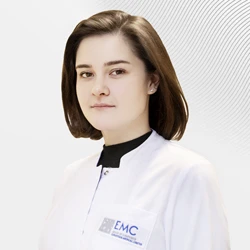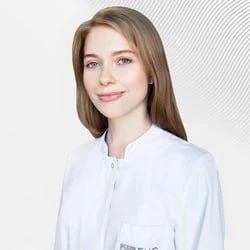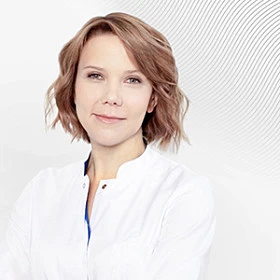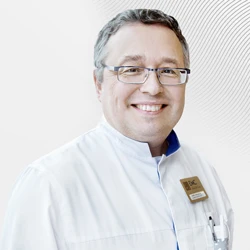Haglund's exostosis
Many patients assess the severity of their disease by the intensity of itching, rather than by the severity of skin manifestations.
Despite numerous studies, the mechanisms of itching remain largely unclear. Previously, itching was considered as a special form of pain, but now most scientists are of the opinion that itching is an independent sensation. This is supported, for example, by the fact that itching can be caused only in the surface layers of the skin, the mucous membrane of the cornea and the mucous membranes bordering the skin, whereas pain occurs in a variety of organs and parts of the body. In addition, it is possible to cause any degree of itching without pain and vice versa.
Types of itching
Based on modern ideas about the mechanisms of itching, there are 4 types of itching:
-
Pruritoceptive itching occurs when the skin is inflamed, damaged, or dry (itching with scabies, urticaria, or insect bite).
-
Neuropathic itching is observed when the nervous system is damaged and is often combined with sensitivity disorders (for example, with brain tumors).
-
Neurogenic is itching that occurs without signs of damage to the structures of the nervous system (for example, itching with stagnation of bile).
-
A special form is psychogenic itching - severe, prolonged, not accompanied by any skin diseases. The basis of this condition is, as a rule, a depressed emotional state.
It is worth noting that the nature of itching in different diseases is different. For example, with atopic dermatitis, numerous combs form, and with urticaria, on the contrary, despite intense itching, combs are usually not observed. Itching with scabies tends to worsen in the evening and at night. Patients with herpes describe the itching they experience as a burning sensation, and aquagenic itching (upon contact with water) is characterized by a tingling sensation.
Itching treatment methods
General recommendations for patients with itchy skin include a diet with the exclusion of spicy, salty foods, coffee and alcohol, avoiding overheating and contact with hot water, irritating fabrics and chemicals (detergents, detergents, etc.), as well as alkaline soaps that increase dry skin. It is recommended to apply moisturizers (based on petroleum jelly or glycerin) and coolants (for example, menthol cream) to itchy areas regularly (up to several times a day). In inflammatory processes of the skin, local steroids are used, as well as the latest non–hormonal drugs - calcineurin inhibitors (tacrolimus and pimecrolimus), which have a pronounced anti-inflammatory and antipruritic effect and, unlike hormonal drugs, do not cause such undesirable side effects as, for example, skin atrophy (thinning).
However, the success of itching therapy largely depends on the possibility of eliminating the conditions that caused it. The specialists of the EMC Department of Dermatovenerology pay special attention to this problem. During treatment, the patient is offered a detailed examination, according to the AWMF-Leitlinie protocol (Association of Scientific Medical Societies in Germany e.V.). The experience of highly qualified doctors helps to identify the causes of itching, which, combined with comprehensive, individually selected treatment, allows for maximum results in therapy; an important factor is also the use of a wide range of possibilities and methods examinations are both laboratory and instrumental.
With intense itching, specialists prescribe antihistamines inside. They reduce histamine-induced increased capillary permeability, tissue swelling, and itching. The most modern drugs of the second and third generations have a long-lasting effect and almost do not cause side effects from the nervous system (lethargy, drowsiness, etc.).
Antihistamines are most effective for urticaria and atopic dermatitis, but they can also be used for itching of a different origin. In severe cases that cannot be treated with antihistamines, drugs aimed at reducing nervous excitability are used - antidepressants, antipsychotics, etc.
In recent years, a large number of reports have appeared in the foreign literature on the successful use of anticonvulsants (gabapentin, pregabalin) for chronic itching. The most effective use of this group of drugs is for brachioradial, senile (senile) and neuropathic itching.
With cholestatic itching, which occurs as a result of stagnation of bile, cholestyramine is used, the effect of which is to absorb bile acids. By reducing the content of bile acids in the serum, their deposition in the skin decreases, which leads to a decrease in skin itching.
In the complex treatment of itching, physiotherapy methods such as light therapy, acupuncture, etc. are also used as effective methods.
Light therapy (phototherapy) is a treatment method in which a patient is exposed to bright light from artificial sources with certain wavelengths: lasers, light—emitting diodes, fluorescent lamps, dichroic lamps, or very bright lamps emitting the full spectrum of daylight. The time of exposure is determined by the doctor individually, and in some cases at a strictly defined time of day. Phototherapy has proven clinical efficacy in the treatment of itching.
With the help of acupuncture (acupuncture, acupuncture), the effect occurs on biologically active points of the body (acupuncture points) through special needles. Through the acupuncture points of the skin area, it is possible to selectively influence individual functions of the human body, in addition, acupuncture has a general healing effect on the entire body.
Why the EMC
The first and only clinic in Russia, created in the image of the world's leading clinics
EMC is a multidisciplinary center offering patients a high level of medical services and a personalized approach
Worldwide recognition and awards
 Learn more
Learn more
Worldwide recognition and awards
 Certificates and licenses
Certificates and licenses
Make an appointment for a consultation
Specify your contacts and we will contact you to clarify the details
Reviews
and new products of the EMC
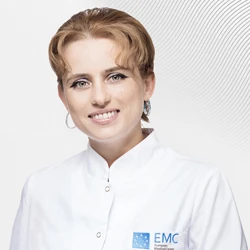
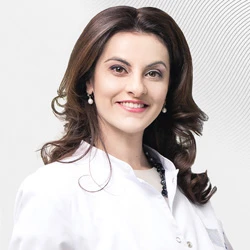
.webp)
.webp)
.webp)
